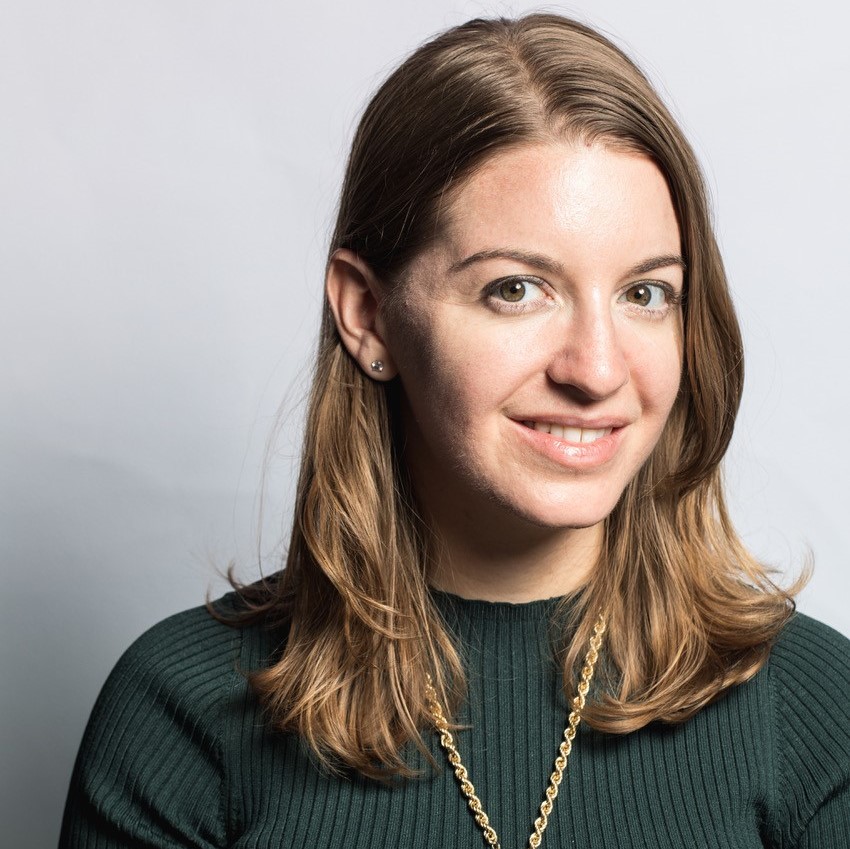Noa Gafni is the Executive Director of the Rutgers Institute for Corporate Social Innovation. Noa began her career as an entrepreneur, founding a social network for women in 2005. She then joined the founding digital team at Hearst Magazines as Head of Social Media. During her MBA at London Business School, Noa became deeply interested in the world of international organizations and social change. After completing her MBA, Noa joined the World Economic Forum as a Global Leadership Fellow and the Head of Communications for the Global Shapers Community. Shortly after leaving the World Economic Forum, Noa launched Impact Squared, a movement-building consultancy that worked with UNICEF, International Crisis Group and a number of leading foundations before joining forces with Dalberg. In 2018, she launched Trust Collab, a platform focused on rebuilding trust in society before joining the Rutgers Institute for Corporate Social Innovation as its Executive Director. Noa is a regular contributor to the Harvard Business Review, Huffington Post and New York Times, and a Social Innovation Fellow at the University of Cambridge.
From an MBA at London Business School, UK, to launching the Global Shapers community at the World Economic Forum in Geneva, Switzerland, when it comes to mobilizing and empowering youth for social change, Noa Gafni has done it! Currently, she calls New York home and deploys her skills and experiences at Rutgers University in Newark: one of the largest and most diverse universities in the U.S. As Executive Director at the newly established Institute for Corporate Social Innovation, she is channeling her passion and skills for empowering young people to become changemakers:
Business is such a powerful lever to create social change.
“I want students to know that you don’t HAVE to become a social entrepreneur or work for a nonprofit if you want to make a difference. There are other ways to utilize your role in society and we’re working with corporate partners to explore these pathways. Whatever role someone chooses, it can feel lonely being a social innovator because it’s hard to create change on your own.
At times, it may feel like all your hard work is nothing but a drop in the bucket.
I have learned that the ability to connect with peers in the space and to build a network are powerful levers determining an innovator’s road to success. What’s more, I have increasingly become concerned about young people losing their trust in the system. We know that this loss of trust leads to lower levels of democracy and while I can’t fix this systemic issue alone, I at least want to give our students a space to understand that they are not powerless.”
What are you most excited about at the moment?
“I’m thrilled to see more and more intersections between different communities, like the Skoll Foundation, Ashoka, the Schwab Foundation, or Co-Impact. It’s great to see such powerful organizations join forces for greater good. The reason behind this long overdue development, I believe, is that we are starting to realize our limits when it comes to systemic change. We must combine forces and efforts if we want to tackle systemic issues and go beyond merely collaborating.”
How can we support you in your work?
Creating lasting change takes time. And in my experience, it is the initial phase that is the hardest. It’s like running a marathon with no mile markers: You don’t know how far you’ve gone and how much still lies ahead. We all need to manage our energy and I find that much easier by surrounding myself with a like-minded community of changemakers who drive social impact.”

Noa Gafni
New York, NY
Systems thinker. Executive director. Youth advocate.